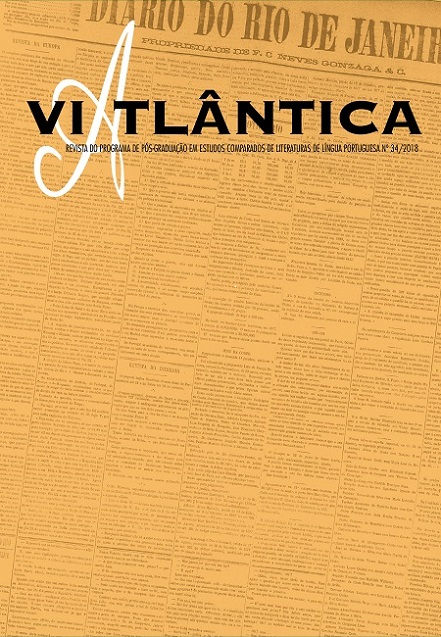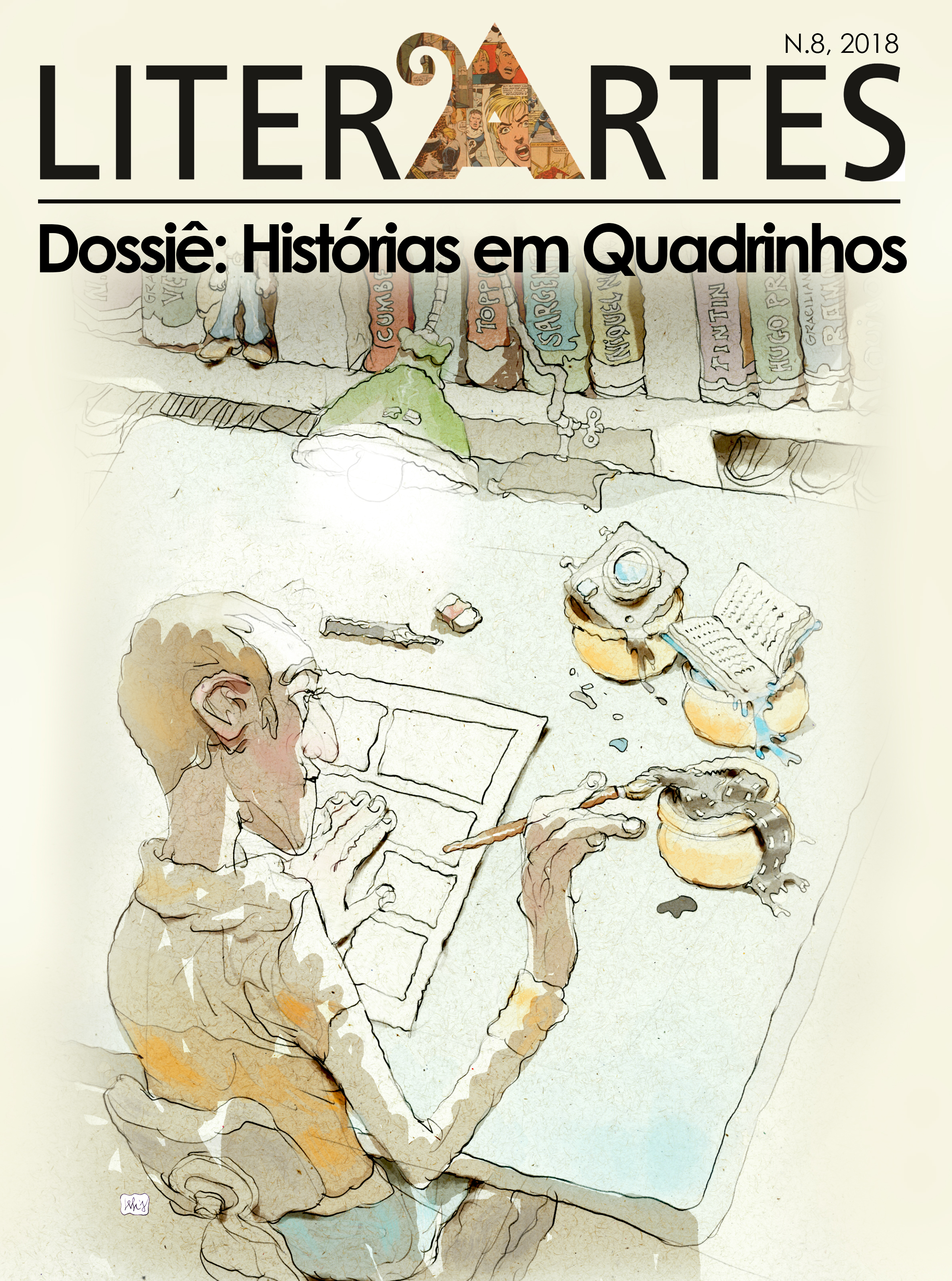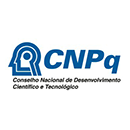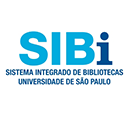Program history
Since its creation in 1994, the University of São Paulo’s graduate Program of Compared Studies in Portuguese Literatures stands out by developing investigations and culture and literature studies related to Portuguese-language communities, focusing on contents referred to nations’ cultures in which Portuguese is the official language.
In addition, the Program stands for its innovative comparative perspectives on Compared Studies in Portuguese Literatures, that have introduced in the context of Brazilian Universities the attention on cultural productions of the referred nations, communities or territories, considering its external and internal historical relations dynamics, as well as its diverse and multiples modes of social organization. Thus, along its history, the Program has always been attentive on Portuguese-spoken countries cultural productions specificities and its imbrications to the respective historical contexts in American, African, European, and, more recently, Asian continents, offering conditions to specified studies referred to literary and cultural productions of those territories, aiming to study its multiple interrelations based on the comparatist approach, as well as its socio-political and cultural contexts.
On the occasion of its creation, the Program was developed with the contribution of Professors whose researches were already a reference on their study areas. Thenceforth, the Program has been drawing the attention of others researchers interested on investigating cultural exchanges among populations that share a same language and a same historical heritage, marked by Portuguese colonialism. Nowadays, the Faculty, formed by diversified academic backgrounds, integrates different generations of researchers, allowing a permanent dialogue among multiple critical and theoretical perspectives of the Literary Studies in Brazilian Universities.
Therefore, aiming to meet the demands of the Program’s Faculty, as well as the research lines in which the Professors are enrolled, some of the broader comparative axis have found possibilities for its consolidations, directly impacting on Undergraduate researches, Master, Doctorate and Post-Doctorate supervisions’ research orientations.
Thus, the research lines have contributed to consolidate the profile of the Program, reflecting its interdisciplinary feature, as seen since its progressive organization between the 1990’s and the first years of the 21st century, period in which the research lines were the following: Cultural history of the 12th and 13th centuries Luso-Brazilian literate practices; Brazil-Portugal literary relations: from the 70’s (19th century) to the 20’s (20th century); Modernism in Portuguese-language literatures; Neorealism: matrices and variants of the 40’s and 40 years after in Portuguese-language literatures; Literature and society in the contemporary time: Portugal, Brazil and Africa; Woman and literature (fiction, poetry and literary essay); Images of Brazil in Portuguese Literature; Child-juvenile literature in Portuguese language (Brazil, Portugal and Africa). Based on indispensable theoretical-methodological comparative assumptions, the Program emphasized the convergence of the referred fields of knowledge, aspect in which it is anchored, benefiting and nurturing an interdisciplinary perspective among Portuguese language literatures.
In 2009, aiming to adjust itself to the new demands of the Faculty and their research projects, as well as to the general articulation of the Program concerning its inner organization, the research lines were rearranged according to the following structure: Literature and society; Brazil, Portugal and Africa’s literary relations; Children’s and juvenile literature.
Through an interdisciplinary approach relatively without a precedent in Brazil, in which the common linguistic support, the Portuguese language, is preconized and seen by its potential as a historical depositary and dynamic medium in which the global cultural exchanges occur, the theoretical-methodological criteria’s, arising from the literature’s theory and from the language studies, always bonded to the human sciences, are in function of artistic and literary oeuvres that are continuously updated in terms of productiveness and constant interpretation.
Thus, the definitions of new projects which delimitations were emerging through contemporary historical questions ended up to define, in 2010, the current Program’s Research Lines:
Literature and historical experience in Portuguese-speaking countries: aims the comparative study of the Portuguese language literary productions, in order to consider the Portuguese colonial process and distinct historical experiences of societies that have been submitted to this process.
Literature and other forms of knowledge: proposes the comparative study among Portuguese-speaking countries literary productions and other forms of knowledge, in its artistic, historical and political manifestations.
The current lines have permitted a better articulation and dialogue among the different work fronts, from multiple theoretical assumptions that state the Program’s diversity and identity, enhanced by a heterogenic composition of professors, coming from several Brazilian’s Universities, but whose theoretical and methodological horizons ended up to build an interesting, systematic and dynamic dialogue.














